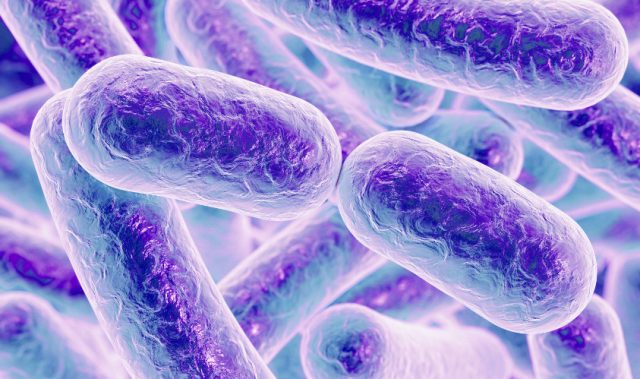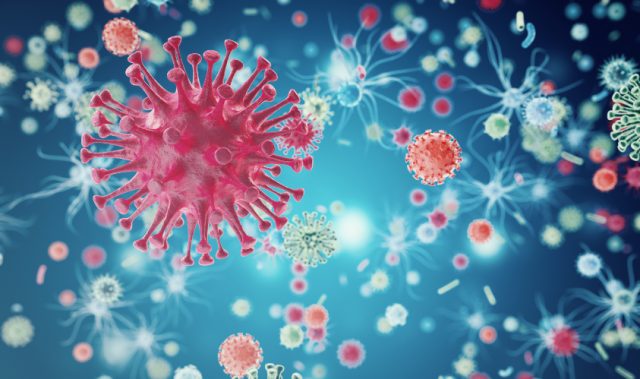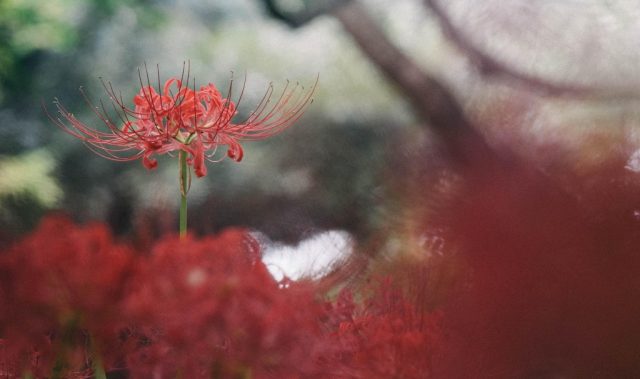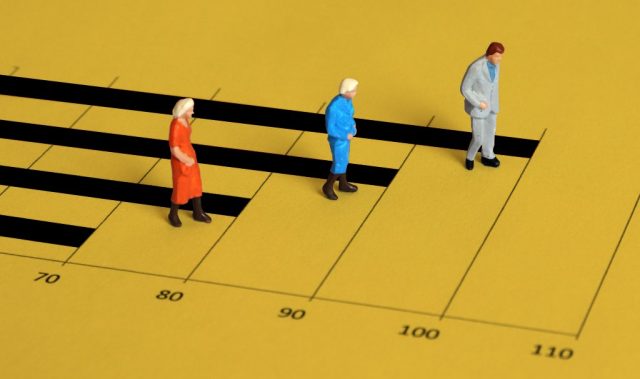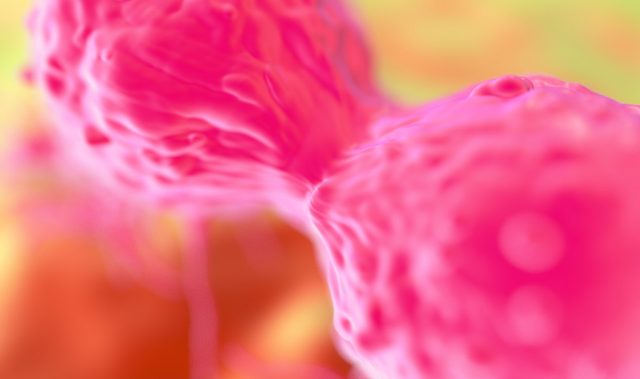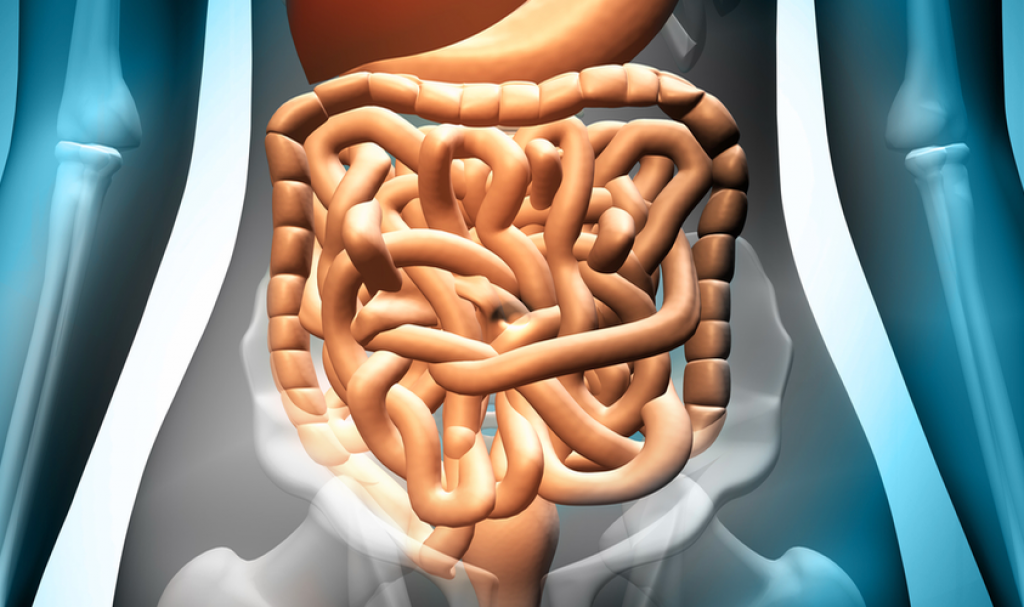
AsianScientist (Nov. 8, 2017) – In a study published in the Journal of Experimental Medicine, scientists in Japan have discovered a molecule that can tame renegade gut bacteria, at least in mice.
The trillions of microbes living in a mammal’s intestine (microbiota) play an important role in the host’s metabolism and immunity. The composition of microbiota is maintained by antimicrobial proteins secreted from intestinal cells. Unbalanced microbiota—known as dysbiosis—is observed in various diseases, often exacerbating the underlying disease and creating a vicious cycle between the host and the microbiota.
To restore microbiota to a normal state, bacteriotherapy such as fecal microbiota transplantation and the use of probiotics has been implemented, but no physiological approach has been developed so far.
In this study, a team of scientists led by Professor Takanori Teshima of Hokkaido University discovered that the molecule R-Spondin1 stimulates intestinal stem cells in mice to differentiate to Paneth cells which secrete antimicrobial peptides. These peptides, called α-defensins, are known to have strong and selective antimicrobial activities against pathological bacteria.
When they gave R-Spondin1 to healthy mice, they detected a remarkable increase in the number of Paneth cells and amount of α-defensin secreted, without significant changes in gut microbiota composition. This indicated that α-defensin does not kill symbiotic microbes in a healthy gut.
The team then used mice with graft-versus-host-disease (GVHD), an inflammatory complication that occurs after allogenic transplantation. The team had previously shown that GVHD leads to the loss of Paneth cells and induces intestinal dysbiosis. They found that the administration of R-Spondin1 prevents the GVHD-mediated depletion of Paneth cells and the decreased secretion of α-defensins.
Importantly, the composition of intestinal microbiota was largely restored by the administration of R-Spondin1. The team also found evidence that α-defensin reduces GVHD-mediated abnormalities when orally administered.
“The two molecules we tested, R-Spondin1 and α-defensin, are both intrinsic to mammals, including humans, and found to have little effect on healthy microbiota. So, our results suggest a novel and physiological approach to restore the gut’s ecosystem and homeostasis while avoiding adverse effects,” said Teshima.
The article can be found at: Hayase et al. (2017) R-Spondin1 Expands Paneth Cells and Prevents Dysbiosis Induced by Graft-versus-host Disease.
———
Source: Hokkaido University.
Disclaimer: This article does not necessarily reflect the views of AsianScientist or its staff.




